A Vegan Story Turned Omnivorous for Health
Who am I to tell my vegan story?
As a nutritionist and functional medicine practitioner, I’m here to educate and share my clinical knowledge. But I am also a human with my own experiences which drive my passions and purpose. I get a lot of clients who are currently vegan or vegetarian. I want to be able to share my story, my own healing experience, and the reasons why I don’t recommend a vegan or vegetarian protocol to help someone heal. It is often difficult for people to hear me tell them they should consider meat back in their diet along with considering what their values are. If wellness and health are the primary values, as mine were, I believe you can honor your health by eating meat while also doing your best to honor your values of environmentalism or care for animals. I hope this vegan story is not about vegan vs. omnivore, but rather a way for you to decide for yourself where your values are focused.
I also encourage all of my clients to look at dietary recommendations and nutrition research through the lens of your ancestors. How would humans have eaten this way historically? What ways did they process or eat foods seasonally? Since humans are a part of nature, we evolved with our environments and so there are many different ways humans have thrived eating the foods local to them.
Key Points:
This is not a debate against vegan vs omnivore.
Values expressed by deciding to be vegan can also be expressed by deciding to be omnivorous.
Consider looking at diet through a historical/ancestral lens
Vegetarian for Environmental and Animal Welfare Reasons
I decided to become a vegetarian when I went to college in 2009. This was a decision after reading The Jungle by Upton Sinclair when I was in high school and the realization that much of the industrial practices established in the early 1900s have not changed. I didn’t know much about veganism at the time but I knew that I didn’t want to contribute my dollars towards the mistreatment of animals and the environmental impacts of large-scale animal agriculture. So I went vegetarian.
Like most vegetarian virgins, I started with a fairly sad American version of vegetarianism. And I will say that I wasn’t eating the healthiest vegetarian foods for the first 6-8 months, but after that, I started to get interested in the healthier recipes and whole foods approach.
Accidental Vegan
About 8 months into being vegetarian I started to get severe digestive issues, cystic acne, chronic bronchitis infections in the lungs and underwent several rounds of antibiotics for these. I don’t believe the vegetarian ways of eating contributed to this. I'm sure these immune imbalances were lurking in the corners of my microbiome from early childhood and that autoimmunity was triggered when I got the HPV vaccine before going to college. However, I’m not sure my freshman dietary habits were very helpful!
I went to see a Naturopathic doctor who did a food sensitivity test. I discovered I was intolerant to eggs, dairy, wheat/gluten, and cane sugar. Along with a few other random foods. So I immediately pulled out eggs and dairy, which were my main vegetarian sources of protein. Therefore, becoming an accidental vegan. Initially, my symptoms improved. Acne cleared, digestive issues were gone, and I didn’t have another infection for some time. But then I started to experience more anxiety. I felt hungry all of the time, but I didn’t know I was feeling hunger. I just felt hypervigilant to food and I started to develop signs of disordered eating. Little did I know how important amino acids from animal proteins are for neurotransmitter production.
Key Points:
Neurotransmitter production can be reduced on a vegan diet
Veganism contributed to malnourishment from poor digestion of plant nutrients due to missing animal fat cofactors from the diet
Flexitarian
I went three years as an un-pronounced accidental vegan and struggled with my health along the way. But it was college, everyone was struggling with their mental health. So, I didn’t think anything about my diet. Then several of my friends had expressed concern for me. I had lost a significant amount of weight and I was attached to the fact that I didn’t eat meat. I didn’t even crave it. But I had been having candida symptoms like oral thrush, itching, brain fog, fatigue, and sugar cravings which led me to a dangerous attempt at the Anti-Candida Diet (minus animal protein). This left me with a very restricted diet, low energy, and a huge rock bottom mentally, emotionally, and physically. I swore from then on that I just wanted to eat to feel good. But I was so confused.
A gluten-free cookbook finally introduced me to the idea of Flexitarian. I still didn’t want to eat meat but I decided I would go to Pescatarian. This seemed to help a bit with my symptoms and I was a pescatarian for two years. However, fish is much more expensive than meat, so I couldn’t afford to eat it daily. This meant I still suffered from anxiety, depression, and digestive/skin issues from the candida.
Key Points:
When your health is suffering and you are already limited to a very restricted diet due to food intolerances, it can be more beneficial to reintroduce nutrient dense foods that are animal proteins
Omnivorous
It was five or six years after initially removing chicken, beef, pork, and all other animal proteins from my diet that I got a routine blood check. My blood labs came back that I was pre-diabetic. PRE-DIABETIC!? I was shocked. I thought I was eating a low-fat, vegetable, and fruit-rich diet that was healthy. And now my labs showed I was borderline diabetic. I was even more confused and surprised. I was working with a Holistic Pharmacist at the time and she recommended eating more meat. This was before I became a nutritionist, but it started to get my attention. I still didn’t start eating meat just then, but I was leaning more open to it.
Several months to a year later, I was listening to Wellness Mama’s podcast and caught wind of Dr. Weston A Price and the GAPS diet to help reverse cavities. You see, I had started to develop massive amounts of cavities in my teeth and I was getting desperate to save my teeth! I also still was struggling with anxiety, sugar cravings, candida, UTI infections, digestive upsets, mood swings, brain fog, and fatigue. Though my acne seemed to still be clear, I had all of these other symptoms that I needed to pay attention to. My body was crying out for help.
After that time I started to eat meat, but just a little bit here and there. I made my first batch of bone broth in October of 2015. I was still wildly confused so I started to see a nutritionist. My first appointment’s main goal was to get clear on the nutrition that animal protein gives and if it is necessary to eat. I was borderline but I had been hearing that it could be the key to my health, especially after being vegan for so long. She told me about the necessity of amino acids to create neurotransmitters, the difficult to digest proteins found in plants vs animal foods, the cofactors of vitamins that we need from animal fats, and the plant toxins (like oxalates and lectins) that can bind to tissues and enzymes and damage our intestinal cell lining, blood sugar balance, and mineral balance. She also told me about the high carbohydrate load and how this leads to insulin resistance. She told me that plants are detoxifying and not building foods. We need animal foods and plants to rebuild our cells daily and support daily detox.
From then on I have been omnivorous and at times I now lean towards an animal-based diet that includes plants rather than a plant-based diet because I have had to reverse a lot of the deficiencies that I had gained from being vegan for so many years. I went on to become a Nutritionist and studied all kinds of dietary protocols. I also studied the foods that contain the highest amounts of necessary vitamins and minerals which are foundational even before antioxidants like polyphenols or flavonoids.
Key Points:
Plant toxins like Oxalates interfere with calcium absorption (bone density issues) and can build up in the body causing inflammation. Dairy is protective of oxalate absorption and can reduce its negative impacts (i.e. spinach and cream cheese dip).
Plant foods contain anti-nutrients that inhibit the absorption of nutrients
A carbohydrate-rich diet, even from plants and fruits, can contribute to pre-diabetes
Current Understandings of Vegan/Vegetarian Diets
I think the best way I’ve heard the vegan diet explained is from Dr. Natasha Campbell-McBride who states, “Veganism is not a diet; it is a form of fasting. One cannot fast forever, so veganism is only suitable for a period of cleansing.” I completely relate to this statement. It rings so true to my experience and I would never argue if omnivores live longer than vegans because I don’t believe anyone should eat the same way throughout their entire life. I believe you can choose veganism or vegetarianism and it can be the path that leads you to greater healing from pasture-raised quality animal protein. I don’t believe these labels define who we are. Our values are only infinitesimally expressed through these labels.
One of the values that I’ve had to reconcile with eating animal protein again is that of life and death. These are values we all have to make meaning of, especially death. What is its value? Why is death important? So much of our culture ignores death and only celebrates and values life. But I have come to realize that even vegan foods require death. So why not participate in the life/death cycle with love and purpose, such as using ancestral ways of living to connect to one another and our environment. This is what I have chosen to do in my own life and to spread this knowledge with others who are also seeking healing.
Key Points:
Plants are detoxifying. Animal foods are rebuilding. Both are necessary throughout our whole life.
Our values are only infinitesimally expressed through vegan or omnivore
What is the value of death? Why is death important?


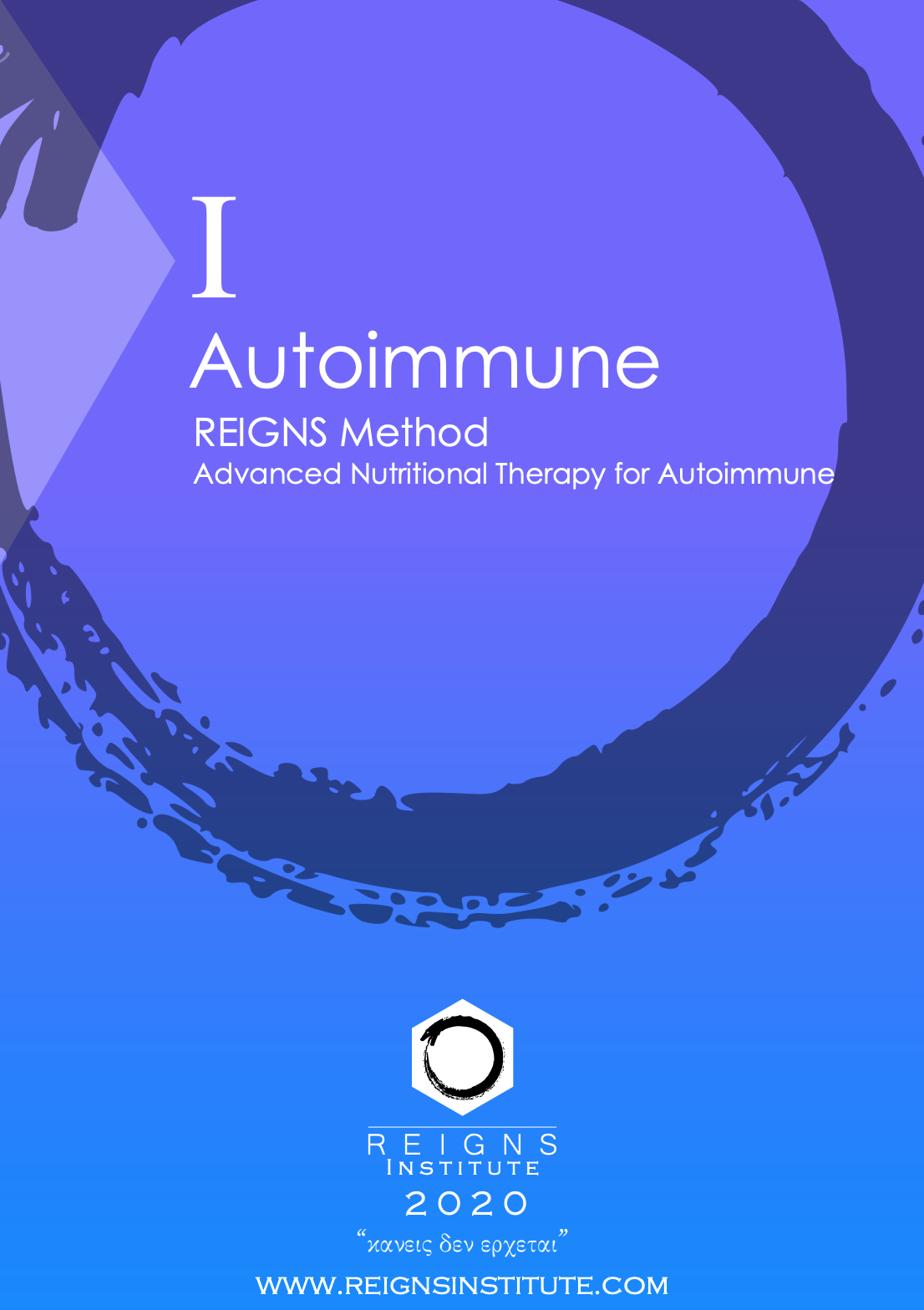
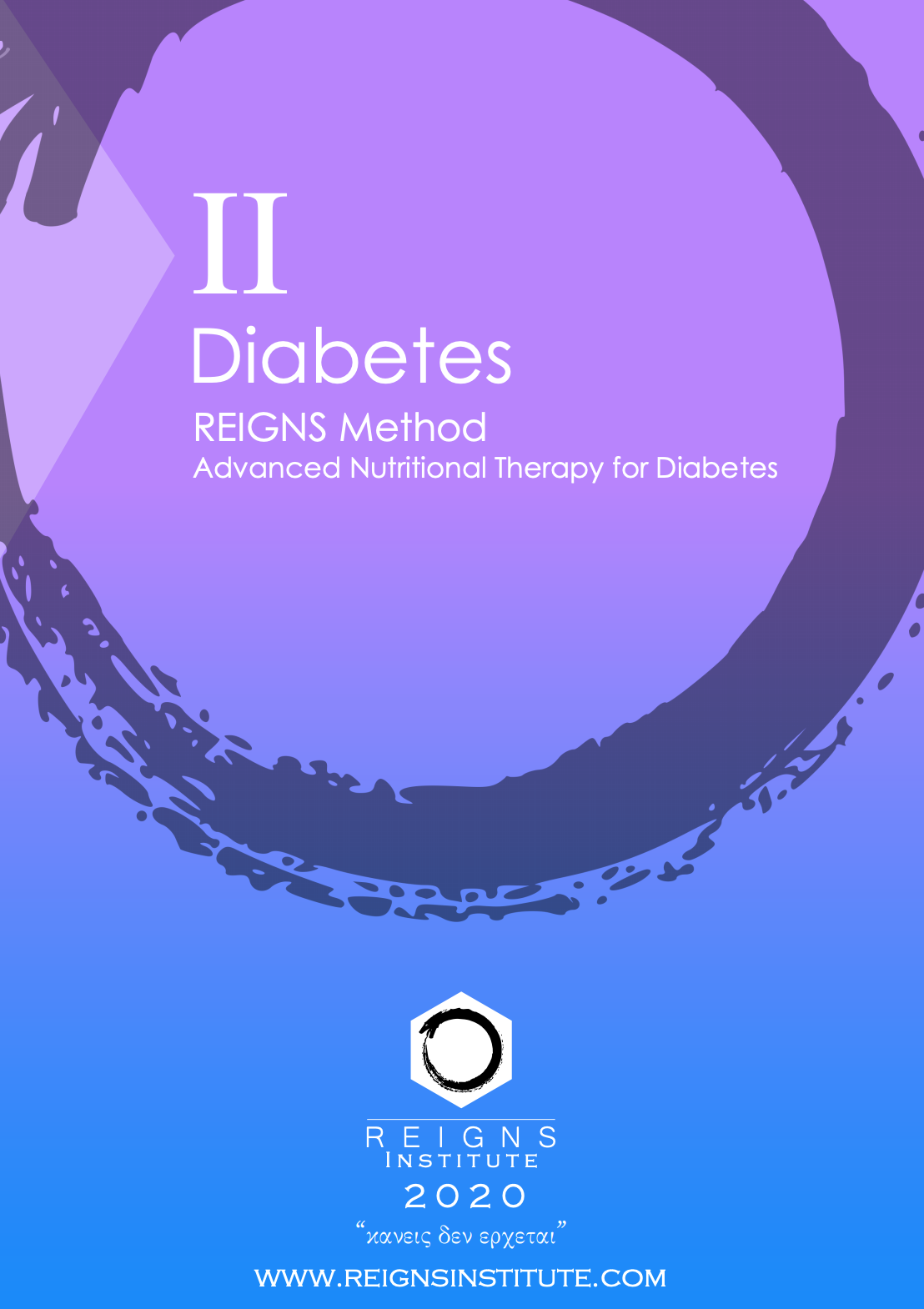
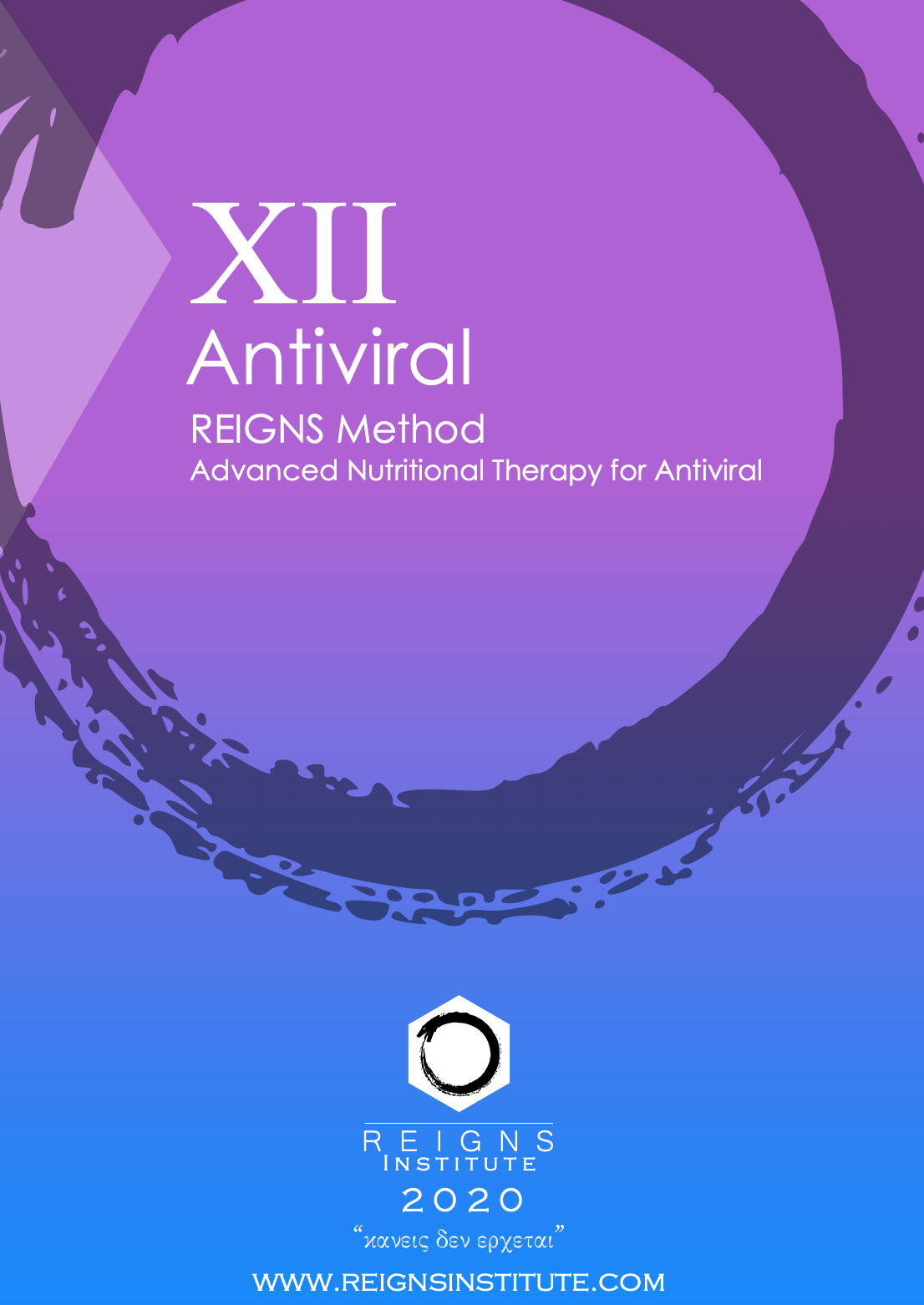
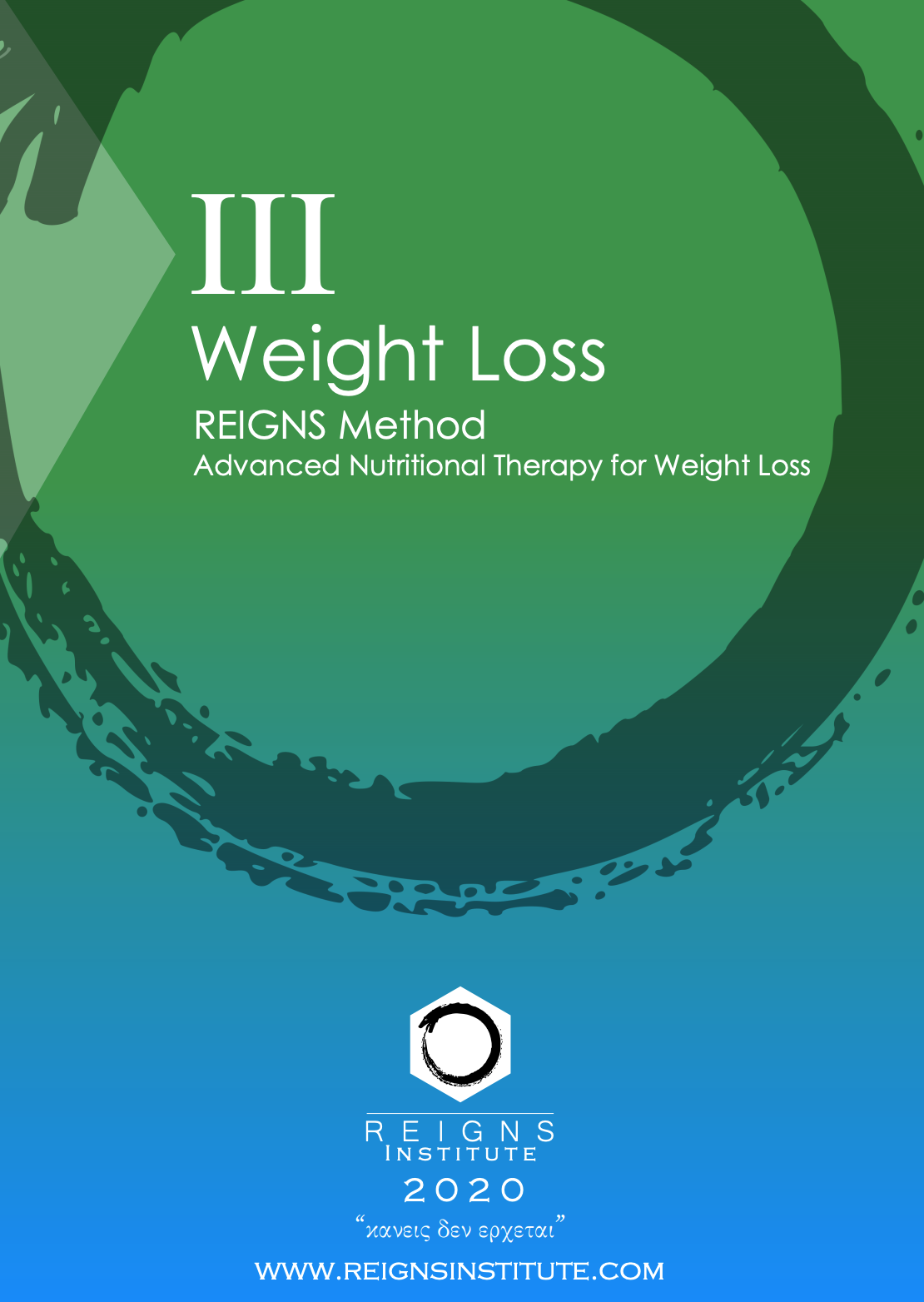
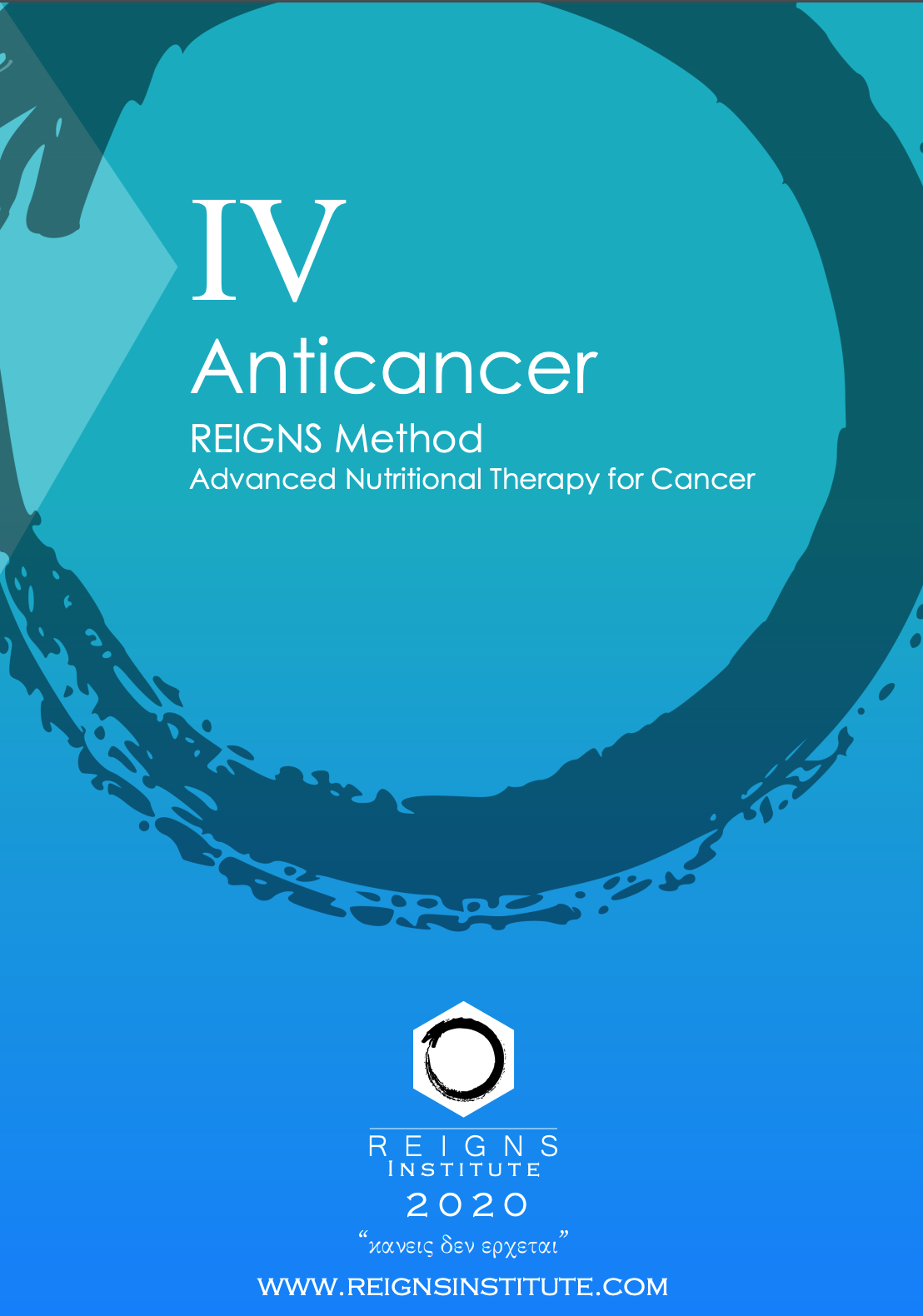

Captain Soup provides gut-healing, nutrient-dense ancestral soups to help you reverse chronic disease.
Find soups that fit your diet:
Lectin-Free, AIP, Paleo, Keto, Wahls, GAPS intro, Full GAPS, Low FODMAP, Low Histamine, Low Oxalate